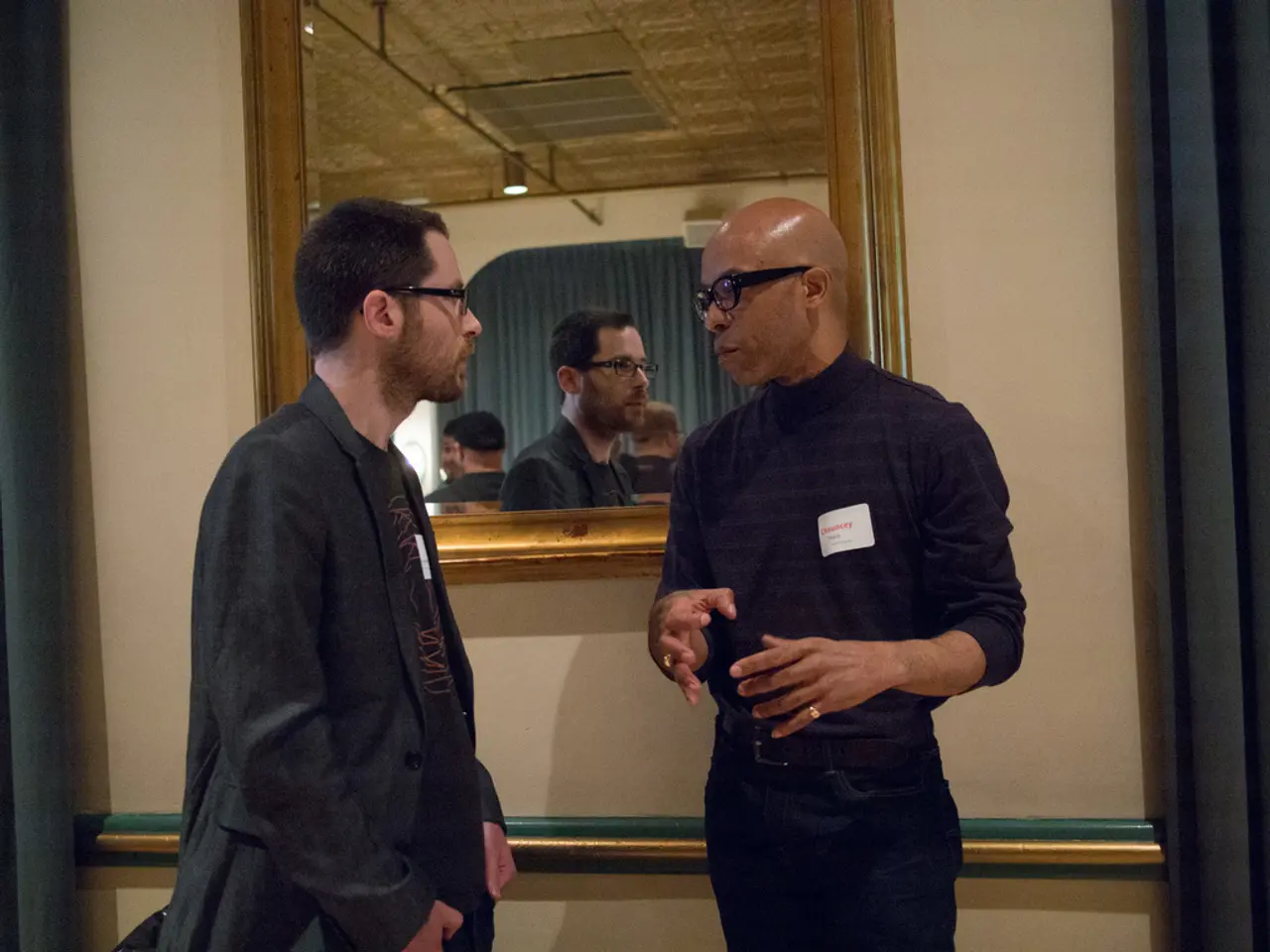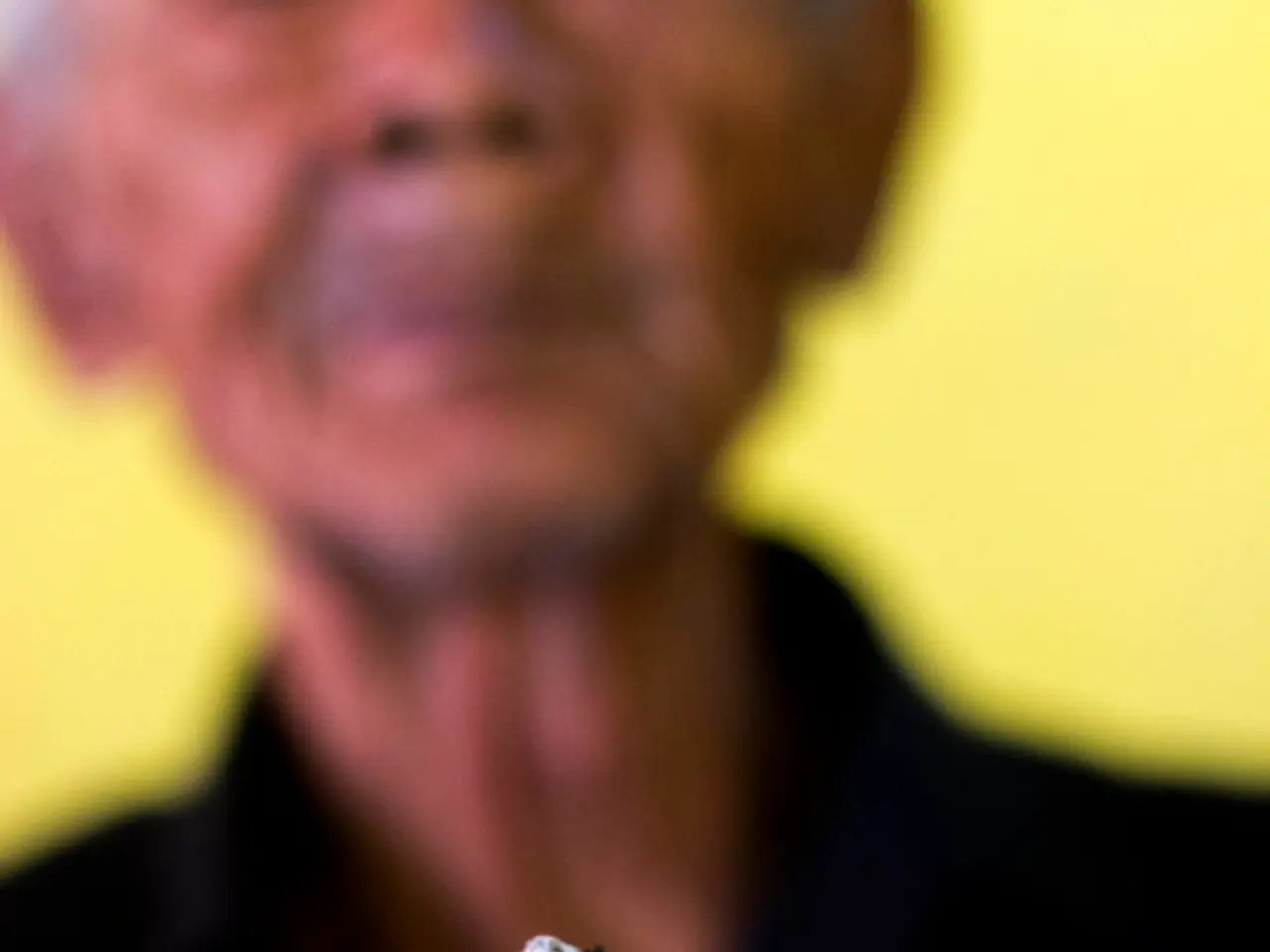Foreign affluent Africans opt for healthcare overseas.
=====================================================================
Africa is witnessing an increase in healthcare investment, particularly in the digital health, medtech, and biotech sectors, driven by demographic shifts such as rapid population growth and urbanization. However, a significant financing gap—estimated at $66 billion annually—persists, and healthcare systems face infrastructure shortfalls and regulatory complexities.
Investment in Africa's healthcare sector is on the rise, with a focus on technology and local manufacturing. This growth is evident in countries like Nigeria and Zambia, where progress has been made in meeting health targets set by the Abuja Declaration. Yet, many African governments still struggle to meet the recommended 15% budget allocation for health, with only three countries—Rwanda, Botswana, and Cape Verde—consistently meeting or exceeding the target.
One of the main reasons behind medical tourism among African leaders and citizens is the lack of specialized treatment and poorly equipped hospitals. Many perceive foreign healthcare as superior for complex or critical conditions. Security fears and political considerations also play a role, with some politicians avoiding local care due to concerns over safety or political risk.
Over-reliance on foreign aid and weak local health systems contribute to medical tourism as well. For instance, Zimbabwe under Robert Mugabe saw a decay in healthcare quality parallel to the president's preference for foreign medicine, which arguably hindered local system confidence and investment. Perceptions of unreliable, under-staffed, and under-equipped health facilities further deter both leaders and citizens from using domestic services.
Notable examples of medical tourism include Nigeria, where an estimated 5,000 citizens fly out of the country monthly for treatment, mostly traveling to India. High-profile figures like Muhammadu Buhari, the former leader of Nigeria, and Edgar Lungu, the former leader of Zambia, both passed away in foreign medical facilities.
To combat medical tourism, African governments, supported by multilateral organizations and private investors, aim to boost local pharmaceutical manufacturing and healthcare delivery capacity by 2040. This includes plans to establish specialized health facilities across Africa, with countries like Tanzania, Nigeria, Kenya, and Ghana identified as suitable hosts.
In 2016, the continental lender Afreximbank launched a support facility to build specialized health facilities across Africa, with an initial focus on establishing a center of excellence for cancer patients. Significant advancements in healthcare technology within Africa are also being made, as evidenced by Angola's first successful robotic tele-surgery.
Despite these efforts, inadequate public financing of health has resulted in poorly run, underperforming health systems across many African countries. This is further motivated by overdependency on donor aid, as highlighted by Chamunorwa Mashoko, a health rights advocate from Zimbabwe.
With more than $60 billion in health funding currently being received by African countries, this represents just a fraction of the total health financing needed for the continent. As the healthcare investment in Africa continues to grow, addressing these challenges will be crucial to ensure that the benefits of this growth are accessible to all Africans.
- Despite the rise in investment in Africa's healthcare sector, particularly in digital health, medtech, and biotech, a significant financing gap, estimated at $66 billion annually, persists, hindering healthcare system improvements.
- African countries like Nigeria and Zambia are making progress in meeting health targets, but many governments still struggle to meet the recommended 15% budget allocation for health.
- Owing to the lack of specialized treatment and poorly equipped hospitals, medical tourism among African leaders and citizens is on the rise, with many seeking foreign healthcare for complex or critical conditions.
- African governments, supported by multilateral organizations and private investors, are aiming to boost local pharmaceutical manufacturing and healthcare delivery capacity by 2040, to combat medical tourism and establish specialized health facilities across Africa.
- The continual growth in healthcare investment in Africa necessitates addressing the challenges of inadequate public financing, overdependency on donor aid, and underperforming health systems to ensure the benefits of this growth are accessible to all Africans.




